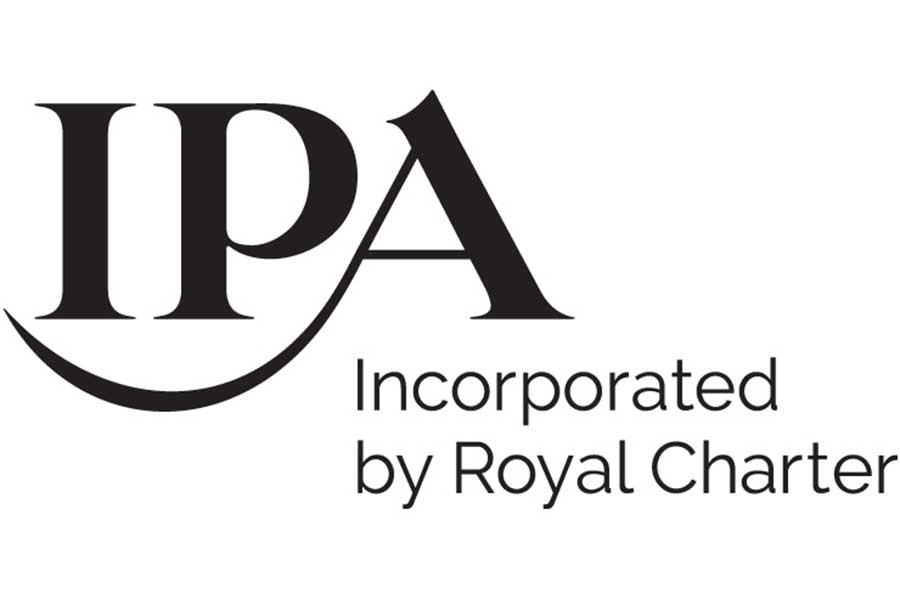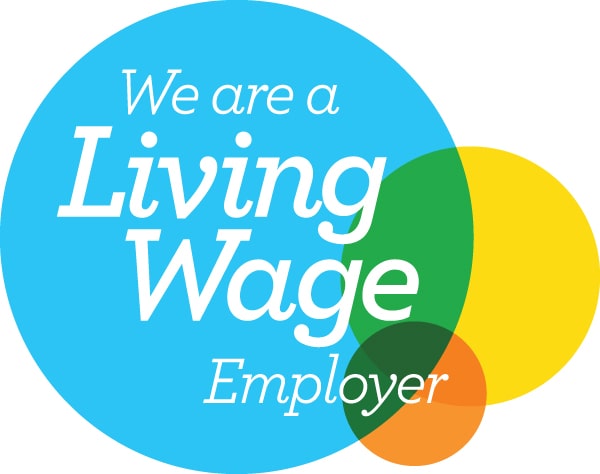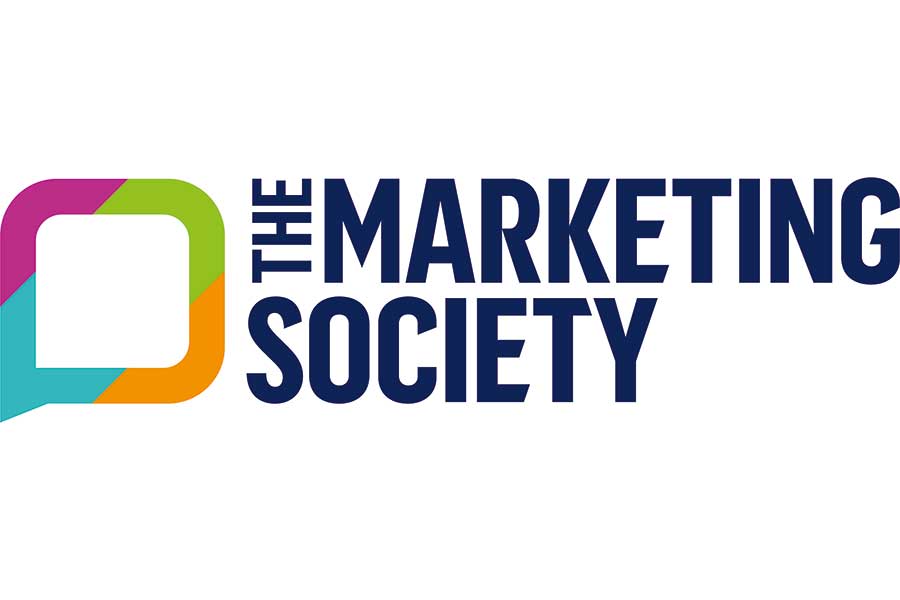The demise of third-party cookies will hit SMEs hard. Yet with careful planning and investment in first-party data, they will be able to continue to enjoy the benefits of digital advertising.
While SME advertisers have traditionally relied on local and trade media, over the past few years many have invested in digital advertising – embracing online addressable media and hyper-local targeting. However, changes to online tracking are threatening to impact the benefits of this shift to digital marketing.
Safari and Firefox have already made their moves with default blocking of third-party cookies and the focus is now on Google and what will happen with Chrome, which has about 50% of the browser market in the UK. And, with the launch of iOS14, Apple users will be prompted to opt-in to share data on every app they use, which will affect Facebook significantly, and so too other app publishers.
As a cohort, SMEs are now the biggest advertisers on Facebook and Google. These addressable platforms have become central to the media activities of smaller advertisers, affording them the benefits of specific targeting, low wastage and highly measurable campaigns.
And, as part of this shift to addressable media, a significant number of SMEs have embraced location-based targeting, retargeting, lookalike targeting and specific in-market user data. For example, local retailers and destination-based businesses often use social and search as a means of driving footfall. And businesses selling online – particularly start-ups – rely heavily on data that facilitates remarketing and lookalike targeting. This is how these smaller businesses build initial customer bases before expanding into other areas of marketing.
However, blocking of third-party cookies and changes to the tracking of Apple users with the launch of iOS14 are set to have a significant impact on SMEs that are now reliant on sophisticated digital targeting. So let’s look at each of these issues in turn.
SMEs have come to rely on cookies
Until now, the process of online advertising tracking has been placement of a cookie on an individual’s device when they have seen or clicked on an ad. If that user visits the advertiser’s site – whether as a result of the ad or not – a tracking pixel will register the cookie reaching a confirmation page and tie the conversion back to the media. In addition, cookies are also placed on users by third parties which harvest user data and, behind the scenes, sell it on for ad targeting.
With Apple’s Safari and Mozilla’s Firefox now blocking third party cookies, and Google following suit on Chrome, many of the benefits of third-party cookies are disappearing.
Blocking of third-party cookies is depleting the ability of advertisers to re-market to previous site visitors. Lots of SMEs rely on remarketing as a strategy to maintain brand awareness and to reach segmented cohorts of previous site visitors. For example, users that have not completed a purchase, or those that have not purchased for a specific period of time.
With the launch of iOS14, some Apple users will opt-in to share their data, but it’s likely that a significant number will not. Over 50% of the campaigns that The Grove Media ran in 2020 reached Apple users. With this change, the combined reach of client campaigns will drop.
App-based businesses have been big spenders with Facebook, and those that target Apple users specifically – and there are many – will see their reach reduced. Many SME advertisers will have saved audiences in their Facebook Ads Manager, so the size of these audiences will reduce as Apple users opt out. And advertisers will see a drop in conversion rates as converting users will not be visible via the Facebook pixel.
Reasons to be optimistic
Is it all doom and gloom for advertisers? Not necessarily.
It’s important to remember that while cookie blocking is already happening, it might not happen on Chrome until 2022. iOS14 changes won’t come in until later this year, so there is time for advertisers to plan for the changes. And, despite Google’s recent announcement, we could see a viable alternative to cookies being developed.
Google’s proposal is a ‘Privacy Sandbox’, which would see people grouped according to interests, rather than advertisers knowing the behaviour of specific individuals. Ad tech firms have expressed concerns about the increased power this would give Google and have been working on alternative approaches using unique user identifiers, such as hashed email addresses, which would do the same job as cookies. Clearly, more work needs to be done to find a solution that works for all parties.
The key for SME advertisers is to start preparing for the changes. They should prioritise the iOS14 changes as these will start to impact this year. Measurable conversions through Facebook will drop as a result of the introduction of iOS14, but it’s important to remember that the Android audience represents 50% of the market and won’t be affected by the changes.
Clearly, some Apple users will not opt out of tracking and will remain visible. SMEs will be wise to run reports on previous Facebook campaigns to segment data by ‘impression device’. This will tell them the number of Apple users they are reaching though Facebook Ads. As most SMEs have smaller budgets, combining Android and remaining Apple users should be enough to give them a business-as-usual audience.
Importantly, SME advertisers need to do all they can to increase their first-party data – the data they collect themselves via CRM. Email and postal addresses, along with previously purchased products and services, combine to form a rich data source for custom audience targeting and for building lookalike audiences (to target similar customers) which are not reliant on cookie data.
For SMEs that spend a significant part of their budget with Facebook or have become reliant on location-based targeting, the changes to online tracking will be concerning. But with careful planning, longer term investment in first-party data, and an alternative to cookies in development in the near future, SMEs will be able to continue enjoying the benefits of digital advertising.
Ciaran Deering, head of online at The Grove Media
This article appeared on WARC.com link here
Picture reproduced by kind permission of Marvin Meyer @ Unsplash










